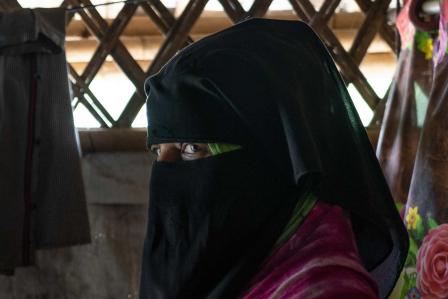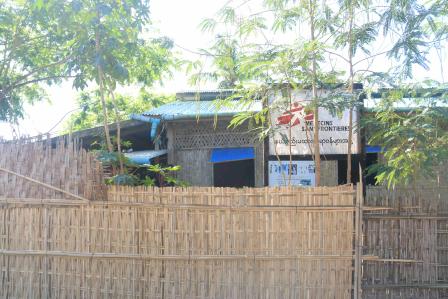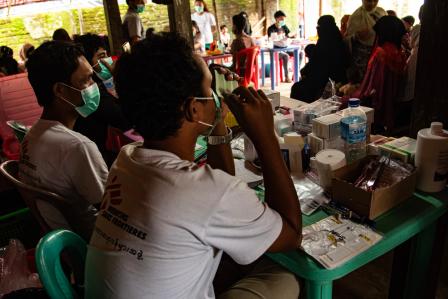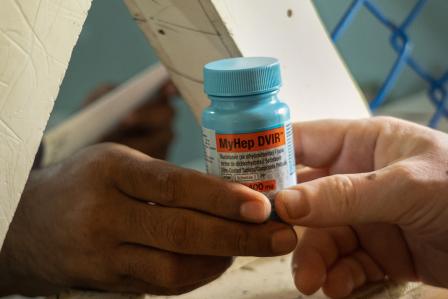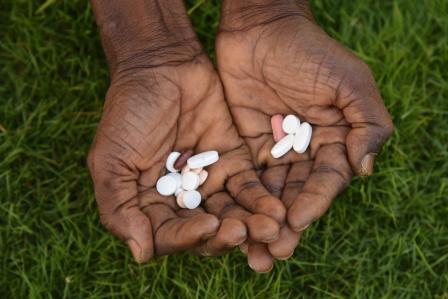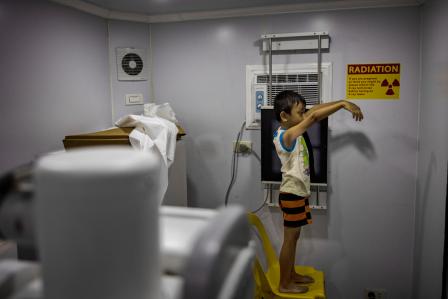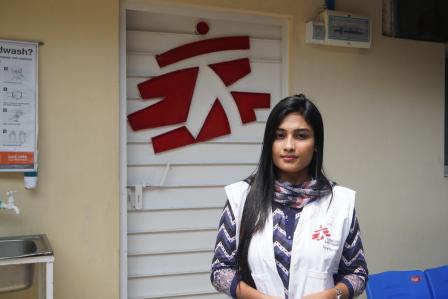3 reasons why we need a Waiver on monopolies of all COVID-19 medical tools
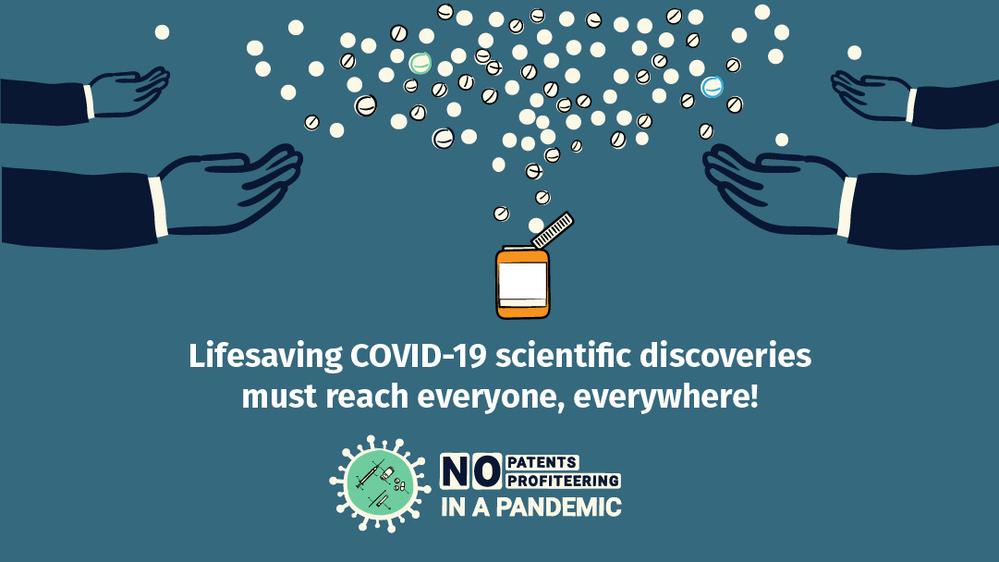
One year ago, and seven months into the COVID-19 pandemic, India and South Africa put forward the TRIPS Waiver proposal: a groundbreaking solution to lift intellectual property (IP) barriers on and ensure greater equity in access to any vaccines, tests, treatments or other medical tools needed to tackle COVID-19.
3.6 million people have lost their lives since the proposal was first introduced to the World Trade Organization (WTO). In the past year, the TRIPS Waiver has received a surge of global support and solidarity from civil society activists and over 100 governments, determined to make the Waiver a reality.
Despite this overwhelming support, a small minority of high-income governments either do not support the Waiver, or only support a watered-down version of the proposal. For example, the EU and US both put forward counterproposals that would drastically narrow the Waiver’s scope and limit its potential impact. These counterproposals seek to waive only patents on vaccines, leaving out patents and other IP on tests, medicines, and other tools and still firmly under the control of pharma monopolies.
Here are 3 reasons why governments must immediately waive all IP on all medical tools:
1) Vaccines alone cannot control the pandemic
There are no ‘silver bullets’ when it comes to COVID-19: while vaccines play a critical role in controlling the virus, they are just one of the many tools we need to beat this pandemic.
In addition to vaccines, the world urgently needs access to newer therapeutics and diagnostics to reduce the number of hospitalisations and deaths from COVID-19. With the slower and lower rate of vaccination in low- and middle-income countries due to access barriers, there is an increased risk of transmission and variant spread, both locally and globally.
Simultaneously, health systems are being pushed to their limits by ongoing and new waves of the virus around the world, once again highlighting the need to improve access to diagnosis and treatment of people with COVID-19 and to respond to the pandemic with a comprehensive and multifaceted approach.
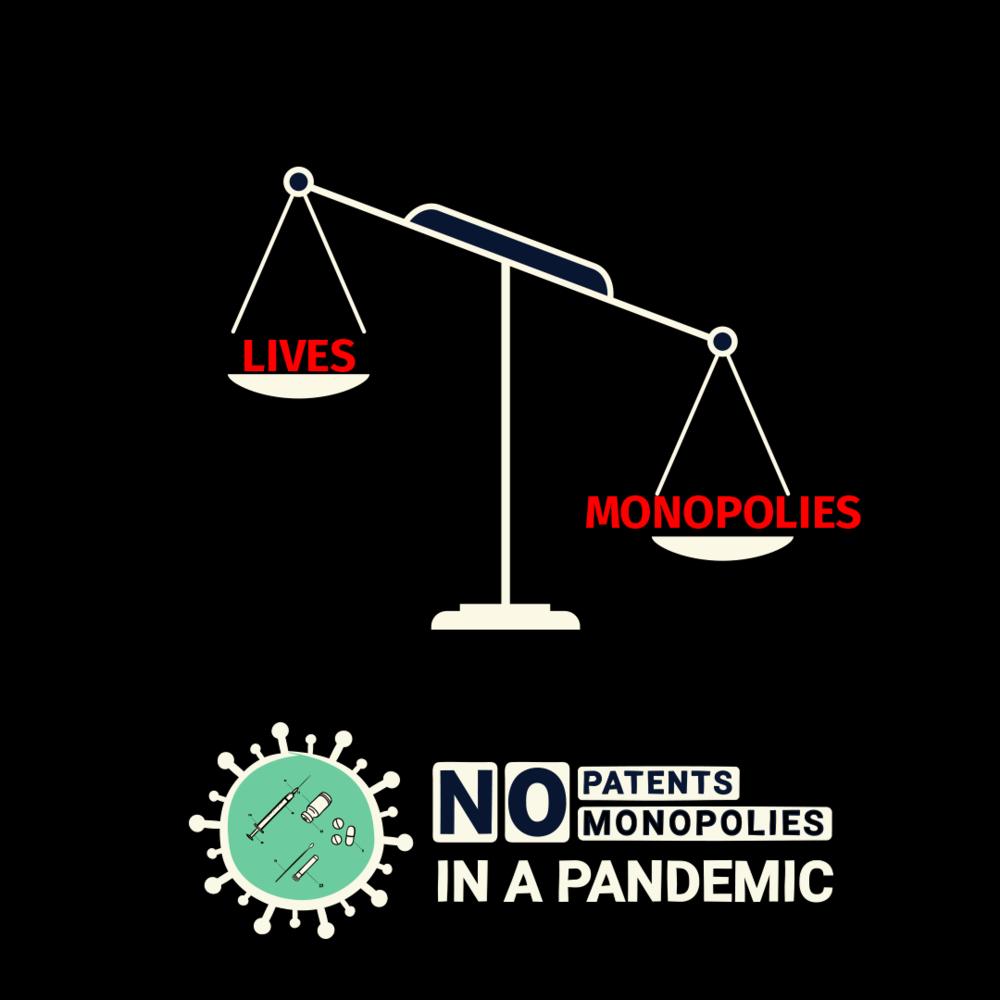
2) Patents and intellectual property are already a barrier to access
A few treatments have been recommended by the World Health Organization (WHO) for treatment of COVID-19, and pharma monopolies are already proving to be a barrier to accessing them.
Casirivimab and imdevimab, recently recommended by WHO for COVID-19 treatment, belong to the class of drugs called monoclonal antibodies (mAbs), which have been on the market for decades for other diseases and are often priced extremely high. Regeneron and Roche (responsible for pricing outside the US) have pegged casirivimab/imdevimab at the high price of US$820 in India, $2,000 in Germany and $2,100 in the US.
Furthermore, although casirivimab and imdevimab were recommended only recently, Regeneron has already begun applying for patents on the drugs in at least 11 low- and middle-income countries.
Independent developers of more affordable ‘biosimilar’ versions of mAbs often face patent barriers and regulatory challenges to introducing their products quickly to increase supply—something that is desperately needed as COVID-19 continues to rage across the globe. This has made production and supply of more affordable mAbs historically difficult, and it continues to undermine COVID-19 treatment access.
We urgently need to increase global supply of COVID-19 medicines. To do that, more manufacturers must be able to produce them through the waiving of intellectual property rights, and sharing of technology and know-how by the pharma industry.
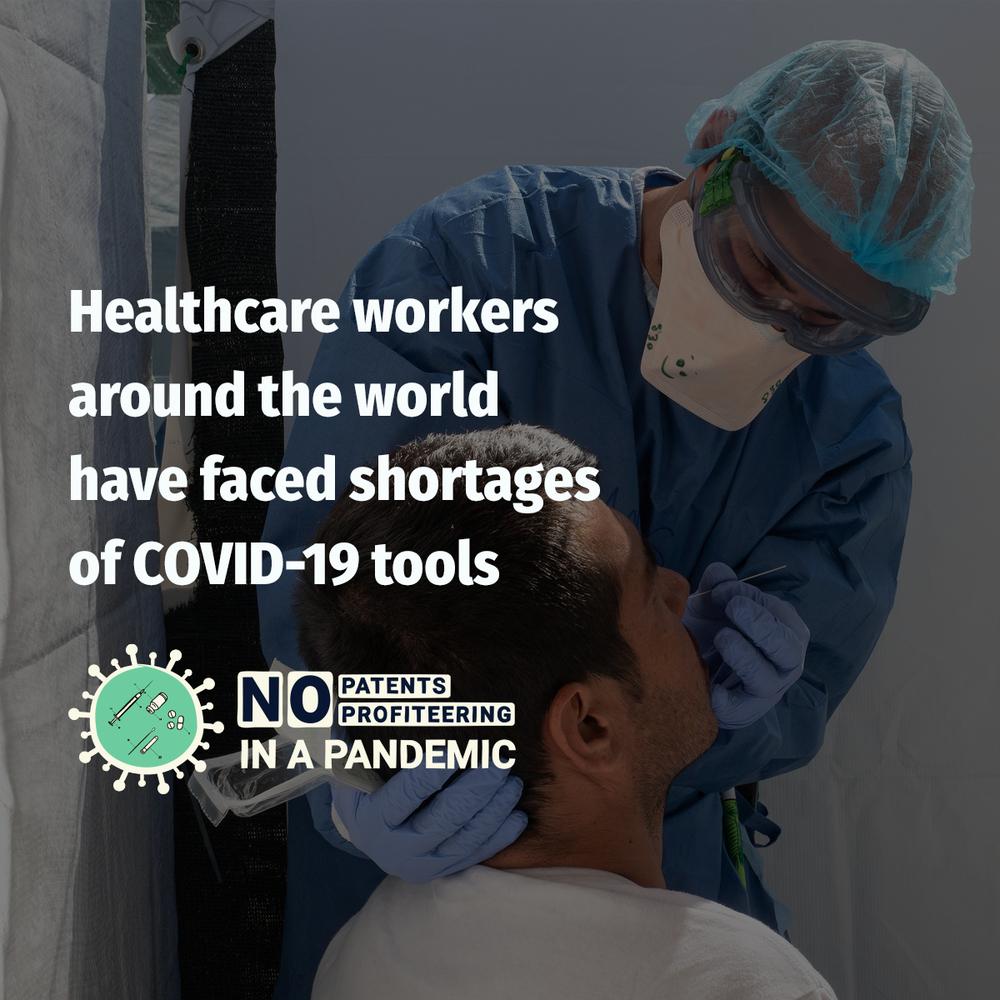
3) Limited supply of treatments is an urgent issue
Like casirivimab and imdevimab, tocilizumab and sarilumab are mAbs recommended by the WHO for COVID-19. Produced by pharma corporations Roche and Regeneron respectively, tocilizumab and sarilumab are recommended for the treatment of critically and severely ill COVID-19 patients and can potentially reduce reliance on medical ventilators and oxygen – both of which are in short supply in many of the settings where Doctors Without Borders works.
However, due to high prices and limited supply, these new therapeutics simply aren’t reaching everyone who needs them, as witnessed by Doctors Without Borders staff around the world.
Over the last few months, we have helplessly witnessed people in South Asia scrambling to get hold of tocilizumab for patients with severe forms of COVID-19.Leena Menghaney, Global IP advisor
